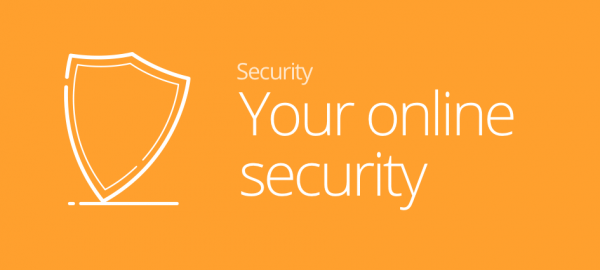Creating a website isn’t as simple as it once was, especially if your website has a commercial purpose. Some extra expenses are minor, such as the cost of domain names. Others are significant including developing additional functionality and adapting it for mobile devices. However, one unavoidable challenge is your website’s security.
Website security headaches originate from two groups of people – the criminals and the lawmakers. If criminals manage to penetrate your systems they can rob, blackmail or sabotage your entire business. If you fail to protect the private details of your visitors and customers, you run the risk of hefty court fines, or even criminal prosecution.
These online threats are constantly evolving and pose a problem even for non-commercial websites. Understanding the problems and training staff is something companies have to do for themselves, but many things have become too technically complex for the ordinary person or small business. Bundled security solutions are certainly something to ask about when choosing a web hosting package.
Today’s internet is a little like the Wild West once was. Even global brands such as Facebook and Google have been the subject of adverse publicity for compromising our internet privacy while we depend on them to protect it.
Fortunately, webmasters can usually depend on their hosting companies to protect them – because their business depends on it. For similar reasons, browser designers must try to protect their users from malicious websites or fewer people will use them. One of the simplest safeguards for both customers and e-commerce businesses is the SSL certificate.
What are SSL certificates used for?
SSL, which stands for “secure sockets layer”, is a way of preventing interception and interference with the communications between browsers and websites. To do this safely, it verifies the identity of the website operator and incorporates that verification into the encryption it uses to protect the message. It was developed between the mid-1980s and mid-1990s but remains a simple and effective way of defending both parties from fraud.
When you have an SSL “certificate” installed, your website can be accessed using the HTTPS protocol (“Hypertext Transfer Protocol Secure”) instead of ordinary HTTP. Behind the scenes, certificates consist of complicated algorithms and protected communication channels. Although all provide an improvement in security, the more trusted the certificate authority is, the more it can charge for the certificates it issues.
SSL certificates are such an important way to safeguard online communications that some browsers are beginning to block websites that do not use them. Although this may be a step too far for websites that don’t exchange any information, if you want to encourage visitors to your website, it makes sense to install a certificate.
It isn’t only e-commerce operations that need to protect exchanges of potentially sensitive information: SSL is also now being adopted by many social media sites. No website, whatever it is for, wants its visitors turned away by an “Unsafe Website” warning. Fortunately, perfectly good certificates are available at low cost.
How do I know which certificate I need?
Most of the certificates available today are sufficiently safe and trustworthy to meet the needs of a small business. However, there are good reasons for choosing a certificate with the help of a decent quality hosting company. Not only do they have more up-to-date experience of the market, but they are also accustomed to installing them, which can be quite a complicated procedure. If you are going to need their help installing it, you may as well let them recommend one they are familiar with.
You should also be aware that more “upmarket” certificates can take longer to get. This is mostly because the process involves the certificate issuer verifying your own credentials and trustworthiness, as well as that of your hosting company. The stronger the certificate, the more exhaustive will be their background checks.
If you are concerned about your website’s SEO, Google has declared that it gives a small ranking boost to websites that use HTTPS. However, your main benefit is from winning the trust of your visitors.
If you are still unclear as to what an SSL certificate is and whether you need one, ask your hosting company “what are SSL certificates used for? and which can you offer as part of your hosting package?”
SSL certificates from names.co.uk
We partner with Sectigo to provide Starter, Professional and Premium SSL certificates, plus a Wildcard option which will cover an unlimited number of subdomains. Our certificates offer a warranty of up to $1.75 million, as well as support from our dedicated team, so you can be assured of full protection should you need it.
